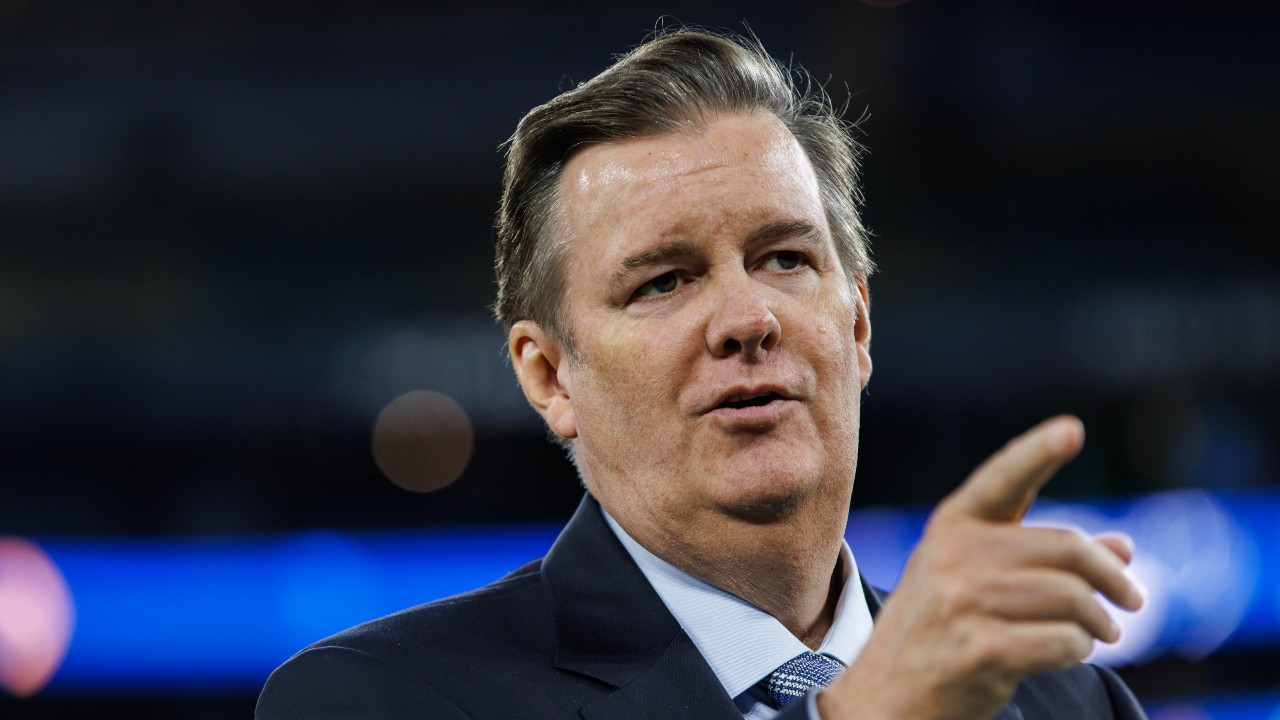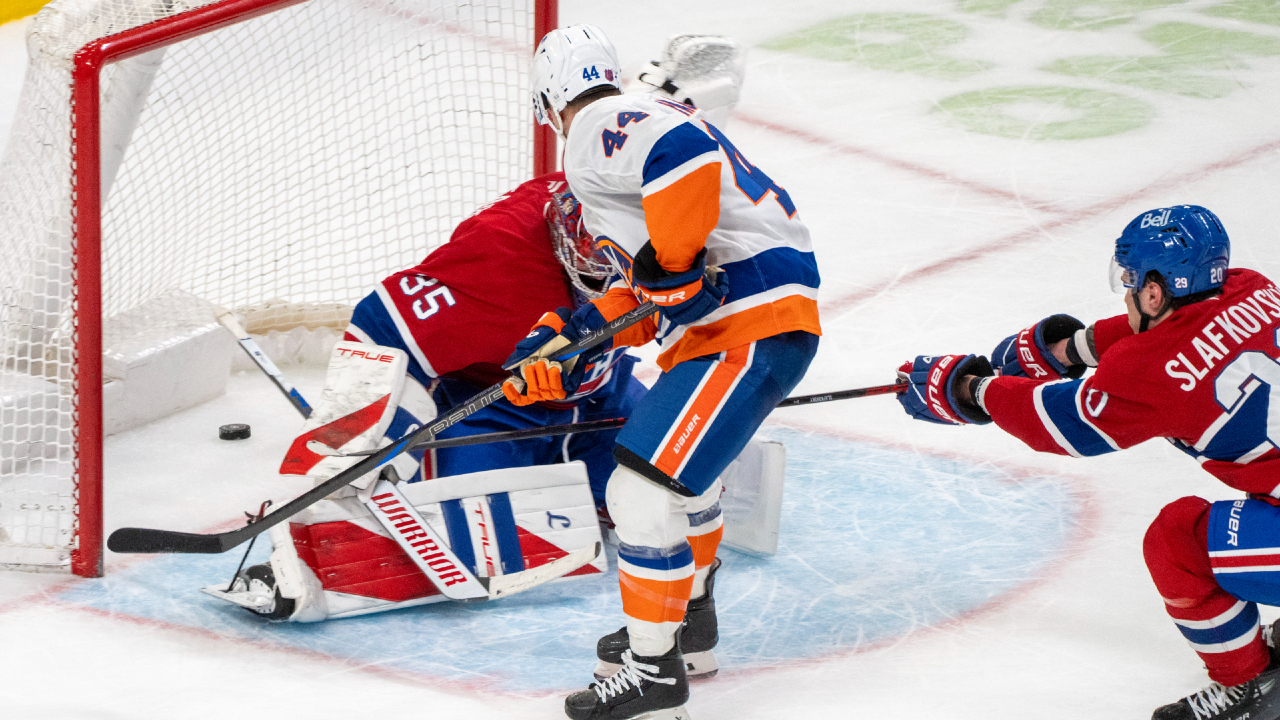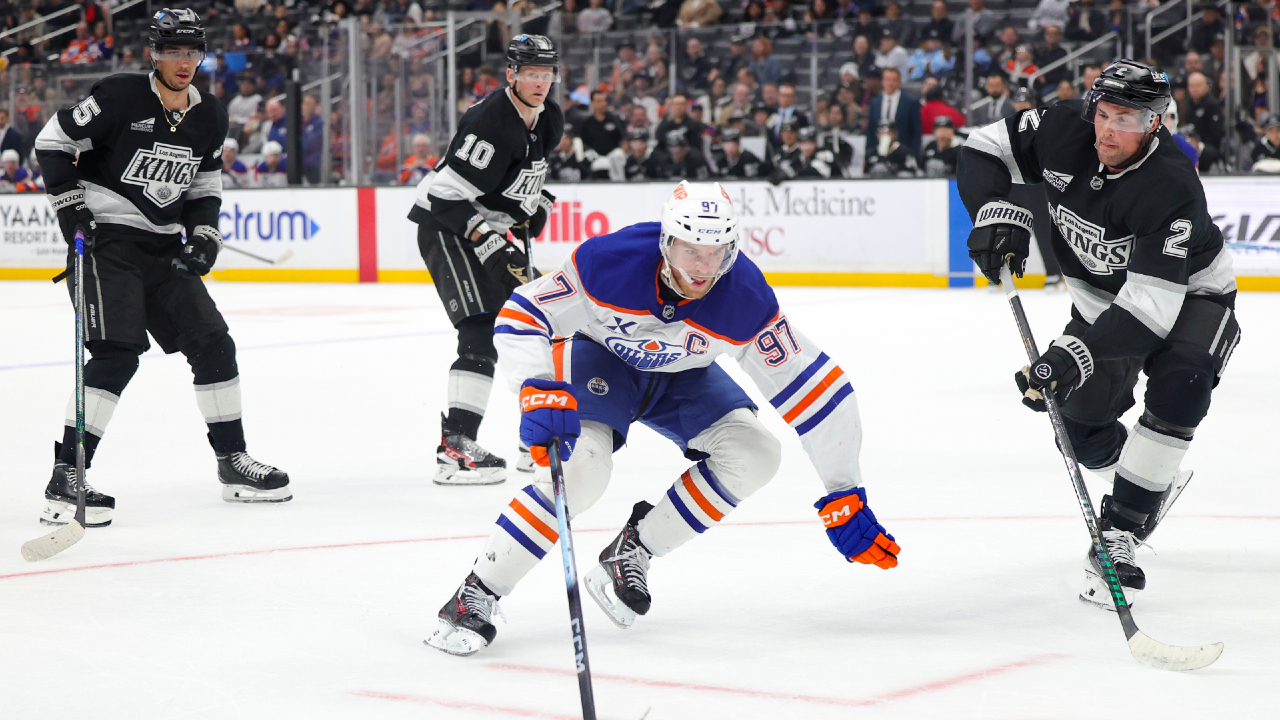
Changes seemed inevitable to the ownership structure at Maple Leafs Sports and Entertainment, Canada’s largest sports and entertainment company, and the parent of both the Toronto Raptors and Toronto Maple Leafs, among other holdings.
The question was when they would come and what they would be, exactly.
The answers came sooner than almost anyone was expecting, with the bombshell news Wednesday morning that Rogers Communications Inc. (which owns Sportsnet) had reached agreement to buy Bell’s 37.5-per-cent stake in MLSE for C$4.7 billion, bringing the company’s total interest to 75 per cent.
The arrangement gives Rogers majority control of a sports and entertainment empire already valued among the top-10 globally, according to Forbes. The remaining MLSE shares are owned by longtime MLSE chairman Larry Tanenbaum, who controls 20 per cent after earlier selling a five-per-cent indirect share to OMERS, a Canadian pension fund, just over a year ago.
When Rogers’ existing ownership of the MLB’s Toronto Blue Jays is factored in, the Canadian telecom giant may become the largest sports holding company in the world, and the only one with franchises in the NHL, NBA, MLB and MLS.
The prediction is there is more is to come, now that effectively one person, Edward Rogers —the executive chairman of RCI and the chairman of the Rogers Control Trust, which in turn controls the majority of the voting shares of RCI — has by far the largest percentage of ownership.
“He (Ed Rogers) is his way to creating one company that controls all of the sports assets,” one insider with knowledge of the situation said. “You could see that company – with the MLSE holdings and the Blue Jays – spun into a separate company from Rogers, and then Ed going after an NFL team for Toronto. At that point, he’d be largest sports owner in the world. It would be his legacy.”
What it all means in the short term for, say, fans of the Maple Leafs, Raptors Toronto FC or Toronto Argonauts, isn’t all that much.
For now, how fans watch games shouldn’t change noticeably.
As an example, the deal provides Bell “with the opportunity to renew its existing MLSE broadcast and sponsorship rights long-term at fair market value. This includes access to content rights for 50 per cent of Toronto Maple Leafs regional games and 50 per cent of Toronto Raptors games for which MLSE controls the rights.”
The opportunity to have access to MLSE content under the existing structure will remain in place for 20 years.
And as an owner, Rogers has been willing to spend, making significant upgrades in recent years to the Rogers Centre and the Toronto Blue Jays training facility in Dunedin, Fla. while providing the Jays a $218-million payroll that ranks ninth in MLB.
But other changes are likely coming.
There has been speculation that as part of the MLSE board, Edward Rogers was uncomfortable having some of the highest paid executives in their respective sports as team presidents on top of management in MLSE, adding an additional estimated $25 million of expenses annually.
It was an easier sell when teams were winning, but a harder one now when none of MLSE’s teams have a clear path to championship contention.
“At the end of the day, it will come down to performance. They (Rogers) are committed to winning, whatever the structure is,” said one source. “They see winning as good for their business. They saw in 2019 with the Raptors.”
Still, it was Rogers, for example, which was a holdout when Raptors president Masai Ujiri was negotiating his current five-year deal worth a reported $75 million in the summer of 2021 before eventually relenting.
Though any residual tension between the two has long been smoothed over, it’s hard not to look at the way the last negotiation went down. With the Raptors being projected to miss the playoffs for the fourth time in five years in 2024-25 and the end of Ujiri’s deal coming into view in 2026, many will wonder if something will have to give there.
Similarly, Leafs president Brendan Shanahan signed a six-year extension in 2019 and will be under pressure to deliver more than the one playoff series win his team has to show for in his decade-plus tenure. Former TFC/Argos president Bill Manning left MLSE in July of this year and hasn’t been replaced.
Meanwhile any remaining influence Tanenbaum — considered Ujiri’s biggest supporter — has with MLSE has been effectively minimized.
While Bell was in the picture, Tanenbaum could count on its support at the board level, giving the widely respected entrepreneur and philanthropist nearly complete control of the business, even while owning just 25 per cent of it.
He has been MLSE’s public face at the league level. He was recently re-elected as chairman of the NBA’s board of governors, and has been an influential figure at the board level in the NHL too, crafting tight relationships with NBA commissioner Adam Silver and NHL commissioner Gary Bettman.
But with Bell out, Tanenbaum has no natural allies, internally.
“Larry had all the control before, and now he has none,” said one insider. “Now Larry is going to have to sell. This is about a seismic a shift for him as is humanly possible.”
Whether a deal for Tanenbaum’s shares happens sooner than the July 7, 2026 date that already existed in the shareholder’s agreement is anyone’s guess. Whenever it happens, the change will be far more streamlined now with Bell out of the picture. The timing is in place, the valuations are strong. The only question is how long Tanenbaum is comfortable having a lesser role in a cherished business he helped build.
It’s worth pointing out that it’s expected that Rogers will be seeking additional investors — both institutional and private, per sources — to buy down its 75-per-cent stake to a lower number while maintaining control, and potentially buy up Tanenbaum’s outstanding shares.
However or whenever it happens, the lone private figure and most forward-facing owner in a company that has always been awash in corporate money will be well compensated.
When Tanenbaum sold an indirect share to OMERS, the deal valued all of MLSE at $10.877 billion. Based on the deal Wednesday, MLSE has been valued at $12.53 billion.
Still, the move was surprising in a couple of ways.
The first was the substance of the deal. Insiders had been insistent that Bell had no plans or intention to sell its stake in MLSE, a cash-generating asset that only cost the companies $533 million each when the two telco rivals shockingly teamed up to buy out the Ontario Teachers’ Pension Plan’s majority stake in 2011.
“As long as Rogers is in, Bell was going to be in,” said one source recently. “There is no way that Bell was ever going to let Rogers own MLSE all on their own.”
The other surprise was the timing of the announcement. The belief previously was that any change in the ownership structure would be further down the road and coincide with a clause in the existing shareholder agreement that would be triggered on July 7, 2026, when Bell and Rogers would have had the right to buy out Tanenbaum, who has been central to the Toronto sports scene since becoming a minority shareholder of the Maple Leafs in 1996.
Even as recently as two months ago, some insiders were predicting a long and drawn-out process towards a new ownership structure. The process wouldn’t have even begun until 2026 and would have involved a lengthy process for all parties to agree on an independent valuation that could have conceivably stretched on for months or years, with the company existing in an uncomfortable limbo in the meantime.
What changed is that Bell urgently needed a cash infusion, according to multiple financial analysts, pointing at slowing earnings and growing debt. In late August, Moody’s Ratings downgraded BCE’s credit rating to the last level above junk bond status, citing its debt load.
The $4.7 billion from Wednesday’s deal should help with that.
The deal also ensures long-term, stable Canadian ownership in a rapidly changing sports and media environment where money from overseas is often first in line.
“Bell needed to sell, and Rogers seized on the opportunity to control two trophy franchises,” said one source close to the situation. “There’s not a bigger hockey club in the world and the Raptors are Canada’s only NBA team. For Bell they, were looking at a $12.5-billion valuation that helps them now, for (Edward) Rogers, as an owner, he can look ahead for 20 years and see when the business will be worth $20 billion. Ed and Rogers will always play the long game.”




